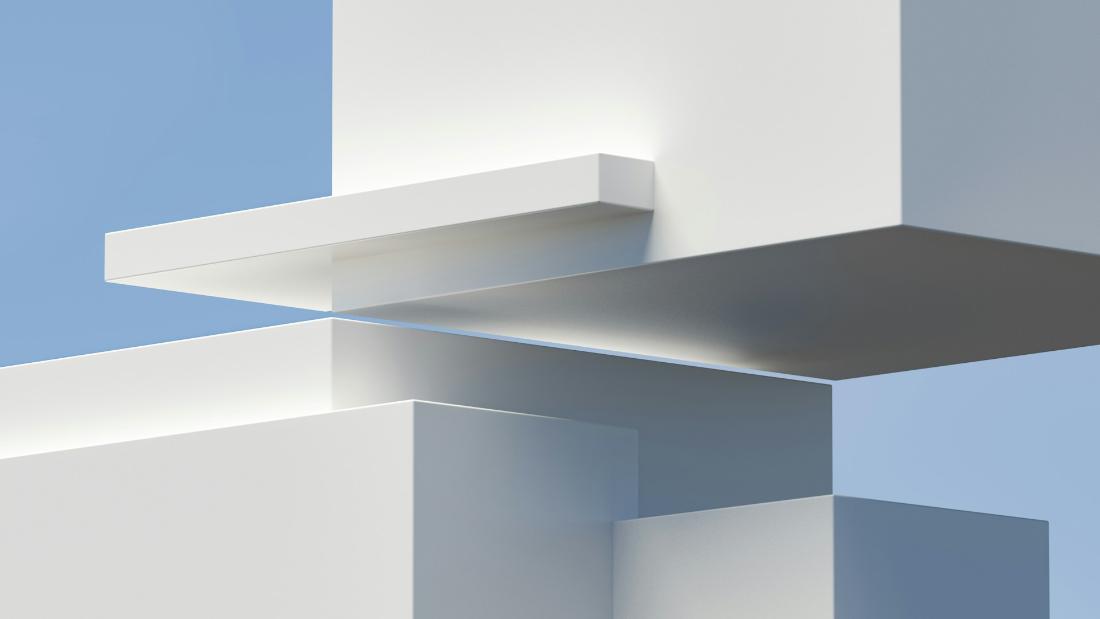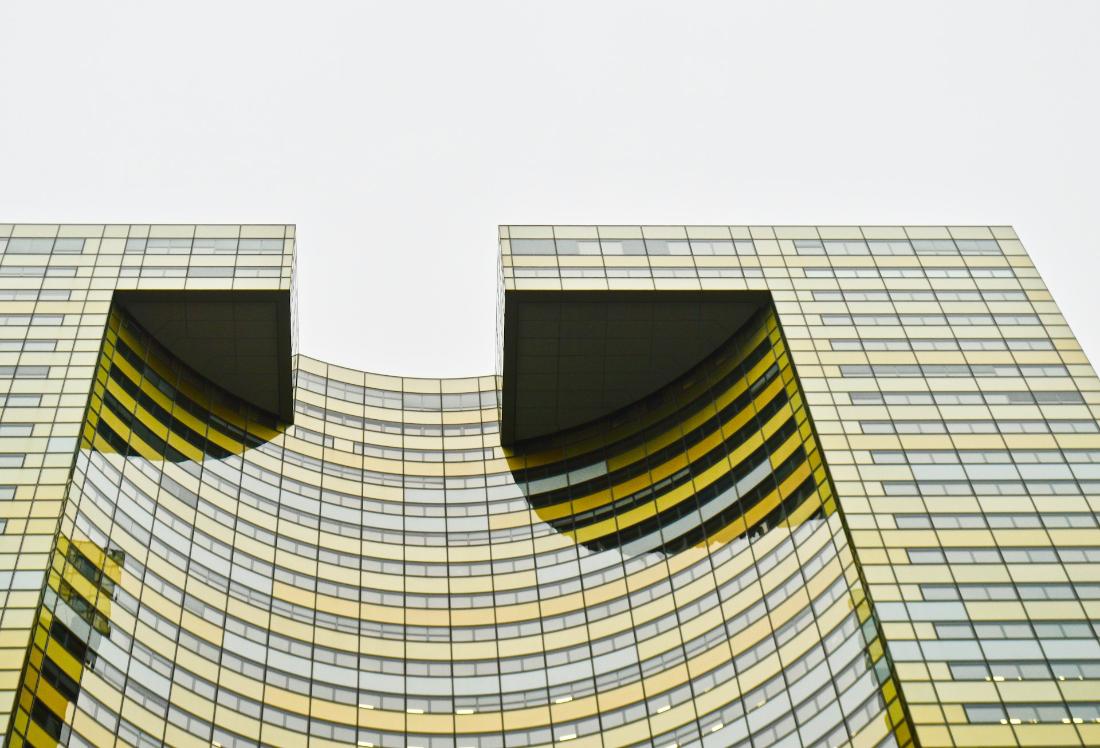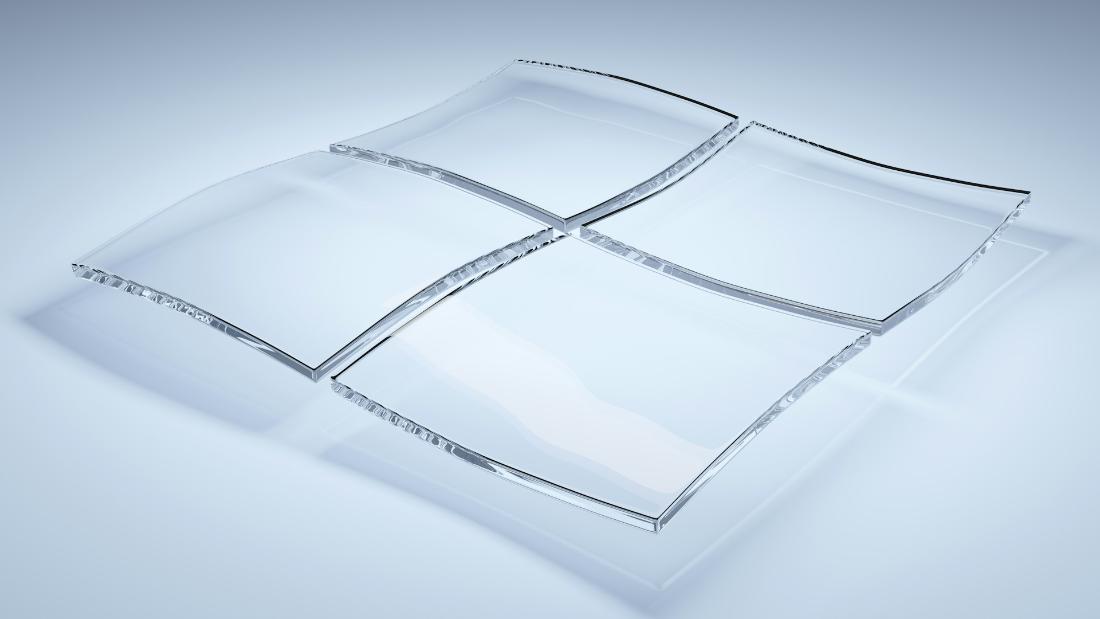Material
Polycarbonate Supplier in Malaysia: The Unsung Heroes Behind Transparent Strength
Aug 4 2025
The first time I witnessed the true power of polycarbonate was during a monsoon storm in Penang. As palm fronds whipped through the air like nature's projectiles, the protective barriers at a seaside café—made from thick polycarbonate sheets—stood unshaken while nearby glass windows shattered. That moment revealed why discerning architects, engineers, and manufacturers across Malaysia increasingly turn to this remarkable material. But finding a reliable polycarbonate supplier in Malaysia involves more than just comparing price lists—it's about partnering with experts who understand how this versatile polymer performs in our unique tropical environment.
Polycarbonate's combination of optical clarity, impact resistance, and thermal stability has made it indispensable in applications ranging from industrial machine guards to greenhouse roofing. Yet many buyers don't realize that not all polycarbonate is created equal. The difference between a supplier who simply imports sheets and one who provides technical guidance can determine whether your safety barriers withstand a hurricane or yellow prematurely under Malaysia's intense UV exposure.
The Malaysian Polycarbonate Revolution
Walk through any modern Malaysian construction site, factory, or agricultural facility, and you'll find polycarbonate solving problems that traditional materials can't. In the industrial zones of Selangor, I've seen polycarbonate machine guards that have endured years of impacts from flying debris while remaining crystal clear. In Johor's high-tech farms, multiwall polycarbonate panels create microclimates that boost crop yields while resisting hailstorms. Even in urban architecture, polycarbonate's light transmission properties are revolutionizing daylighting solutions for energy-efficient buildings.
Our climate presents unique challenges that test polycarbonate's limits. The material must withstand not just Malaysia's year-round UV assault but also the thermal expansion and contraction caused by alternating between scorching afternoons and torrential downpours. A supplier worth their salt will stock UV-coated grades specifically formulated for equatorial conditions—something I learned after a client's uncoated polycarbonate skylights turned opaque within eighteen months.
Polycarbonate's combination of optical clarity, impact resistance, and thermal stability has made it indispensable in applications ranging from industrial machine guards to greenhouse roofing. Yet many buyers don't realize that not all polycarbonate is created equal. The difference between a supplier who simply imports sheets and one who provides technical guidance can determine whether your safety barriers withstand a hurricane or yellow prematurely under Malaysia's intense UV exposure.
The Malaysian Polycarbonate Revolution
Walk through any modern Malaysian construction site, factory, or agricultural facility, and you'll find polycarbonate solving problems that traditional materials can't. In the industrial zones of Selangor, I've seen polycarbonate machine guards that have endured years of impacts from flying debris while remaining crystal clear. In Johor's high-tech farms, multiwall polycarbonate panels create microclimates that boost crop yields while resisting hailstorms. Even in urban architecture, polycarbonate's light transmission properties are revolutionizing daylighting solutions for energy-efficient buildings.
Our climate presents unique challenges that test polycarbonate's limits. The material must withstand not just Malaysia's year-round UV assault but also the thermal expansion and contraction caused by alternating between scorching afternoons and torrential downpours. A supplier worth their salt will stock UV-coated grades specifically formulated for equatorial conditions—something I learned after a client's uncoated polycarbonate skylights turned opaque within eighteen months.
Decoding Polycarbonate Varieties
Understanding polycarbonate's different forms is crucial for specifying the right material. Solid polycarbonate sheets, ranging from razor-thin 0.5mm films to robust 25mm bullet-resistant panels, offer unmatched impact protection. I recently visited a security installation in Kuala Lumpur where 12mm polycarbonate sheets stopped multiple simulated armed robbery attempts—demonstrating why banks and jewelry stores increasingly prefer it over traditional laminated glass.
Multiwall polycarbonate panels represent another game-changer for Malaysian construction. Their air-filled channels provide insulation properties that slash cooling costs—a critical advantage in our tropical climate. At a factory in Shah Alam, switching from corrugated metal roofing to 16mm multiwall polycarbonate reduced indoor temperatures by 8°C while maintaining ample natural light.
For applications requiring flexibility, polycarbonate films and membranes open new possibilities. A medical device manufacturer in Penang now uses ultra-thin polycarbonate membranes in dialysis machines, taking advantage of the material's biocompatibility and precision moldability.
The Supplier Difference: Beyond Basic Distribution
What separates exceptional polycarbonate suppliers from order-takers becomes apparent when problems arise. When a client's custom-cut polycarbonate components warped during installation, our supplier didn't just replace the sheets—they dispatched an engineer who discovered the fabrication shop had used the wrong saw blade temperature. This diagnostic approach saved the project and educated the fabricator for future work.
The best Malaysian suppliers now offer value-added services that transform them from vendors to partners:
Precision cutting services using CNC routers with dust extraction systems ensure clean edges for sensitive applications like optical components. One supplier in Johor Bahru even maintains a cleanroom cutting facility for medical and electronics clients.
Material certification has become increasingly important for regulated industries. Reputable suppliers provide full traceability documentation, including certificates of conformity and material safety data sheets—crucial for projects in food processing or pharmaceutical facilities.
Technical support separates the professionals from the box-movers. When designing a polycarbonate sound barrier along the PLUS Highway, our supplier's engineers helped optimize the profile geometry to maximize noise reduction while minimizing material usage.
Understanding polycarbonate's different forms is crucial for specifying the right material. Solid polycarbonate sheets, ranging from razor-thin 0.5mm films to robust 25mm bullet-resistant panels, offer unmatched impact protection. I recently visited a security installation in Kuala Lumpur where 12mm polycarbonate sheets stopped multiple simulated armed robbery attempts—demonstrating why banks and jewelry stores increasingly prefer it over traditional laminated glass.
Multiwall polycarbonate panels represent another game-changer for Malaysian construction. Their air-filled channels provide insulation properties that slash cooling costs—a critical advantage in our tropical climate. At a factory in Shah Alam, switching from corrugated metal roofing to 16mm multiwall polycarbonate reduced indoor temperatures by 8°C while maintaining ample natural light.
For applications requiring flexibility, polycarbonate films and membranes open new possibilities. A medical device manufacturer in Penang now uses ultra-thin polycarbonate membranes in dialysis machines, taking advantage of the material's biocompatibility and precision moldability.
The Supplier Difference: Beyond Basic Distribution
What separates exceptional polycarbonate suppliers from order-takers becomes apparent when problems arise. When a client's custom-cut polycarbonate components warped during installation, our supplier didn't just replace the sheets—they dispatched an engineer who discovered the fabrication shop had used the wrong saw blade temperature. This diagnostic approach saved the project and educated the fabricator for future work.
The best Malaysian suppliers now offer value-added services that transform them from vendors to partners:
Precision cutting services using CNC routers with dust extraction systems ensure clean edges for sensitive applications like optical components. One supplier in Johor Bahru even maintains a cleanroom cutting facility for medical and electronics clients.
Material certification has become increasingly important for regulated industries. Reputable suppliers provide full traceability documentation, including certificates of conformity and material safety data sheets—crucial for projects in food processing or pharmaceutical facilities.
Technical support separates the professionals from the box-movers. When designing a polycarbonate sound barrier along the PLUS Highway, our supplier's engineers helped optimize the profile geometry to maximize noise reduction while minimizing material usage.
Sustainability: The Next Frontier
The polycarbonate industry is undergoing a green revolution that forward-thinking Malaysian suppliers are embracing. Post-industrial recycled polycarbonate now performs nearly identically to virgin material but with a significantly lower carbon footprint. At a recent trade show in KLCC, I saw stunning architectural panels made from 100% recycled content that matched premium-grade material in clarity and durability.
Closed-loop systems represent another sustainable innovation. Progressive suppliers now collect polycarbonate offcuts from large clients to be reprocessed into new sheets—an approach that's particularly valuable for manufacturers with consistent waste streams.
Bio-based polycarbonates, derived partially from plant sources, are emerging as another eco-friendly option. While currently representing a small niche, their market share is growing rapidly among environmentally conscious specifiers.
Choosing Your Polycarbonate Partner
After a decade of sourcing polycarbonate across Malaysia, I've identified key differentiators among suppliers:
Technical expertise should be your first filter. Can the supplier explain the difference between UV-coated and co-extruded UV-protected grades? Do they understand how Malaysia's heat affects polycarbonate's coefficient of thermal expansion? This knowledge directly impacts your project's longevity.
Inventory management separates reliable partners from risky bets. During recent global supply chain disruptions, some suppliers maintained strategic reserves of critical thicknesses (especially 3mm, 5mm, and 10mm sheets) while others faced months-long backorders.
Value-added services often justify slightly higher costs. Does the supplier offer anti-scratch coatings? Can they provide fire-rated grades? Do they stock specialized adhesives and cleaning solutions? These extras save tremendous time and hassle.
Geographic coverage matters more than many buyers realize. Polycarbonate sheets are bulky and prone to scratching during transit. Suppliers with strategically located warehouses in Penang, Johor, and the Klang Valley can significantly reduce shipping risks and costs.
The Future of Polycarbonate in Malaysia
As I tour the construction sites of upcoming infrastructure projects, I see polycarbonate playing increasingly sophisticated roles. Self-cleaning photocatalytic polycarbonate cladding. Switchable privacy panels that toggle between transparent and opaque. Even polycarbonate composites being tested for lightweight structural applications.
The suppliers positioned to thrive are those investing in these advanced materials while maintaining their core commitment to quality and service. They understand that in Malaysia's demanding environment, polycarbonate isn't just another plastic—it's an engineered solution that bridges the gap between transparency and toughness.
For architects, engineers, and manufacturers, choosing the right polycarbonate supplier isn't a transactional decision—it's forming a partnership with material experts who can help turn design visions into durable, high-performance reality. In a nation that demands both beauty and resilience from its buildings and products, that's a relationship worth cultivating.
The polycarbonate industry is undergoing a green revolution that forward-thinking Malaysian suppliers are embracing. Post-industrial recycled polycarbonate now performs nearly identically to virgin material but with a significantly lower carbon footprint. At a recent trade show in KLCC, I saw stunning architectural panels made from 100% recycled content that matched premium-grade material in clarity and durability.
Closed-loop systems represent another sustainable innovation. Progressive suppliers now collect polycarbonate offcuts from large clients to be reprocessed into new sheets—an approach that's particularly valuable for manufacturers with consistent waste streams.
Bio-based polycarbonates, derived partially from plant sources, are emerging as another eco-friendly option. While currently representing a small niche, their market share is growing rapidly among environmentally conscious specifiers.
Choosing Your Polycarbonate Partner
After a decade of sourcing polycarbonate across Malaysia, I've identified key differentiators among suppliers:
Technical expertise should be your first filter. Can the supplier explain the difference between UV-coated and co-extruded UV-protected grades? Do they understand how Malaysia's heat affects polycarbonate's coefficient of thermal expansion? This knowledge directly impacts your project's longevity.
Inventory management separates reliable partners from risky bets. During recent global supply chain disruptions, some suppliers maintained strategic reserves of critical thicknesses (especially 3mm, 5mm, and 10mm sheets) while others faced months-long backorders.
Value-added services often justify slightly higher costs. Does the supplier offer anti-scratch coatings? Can they provide fire-rated grades? Do they stock specialized adhesives and cleaning solutions? These extras save tremendous time and hassle.
Geographic coverage matters more than many buyers realize. Polycarbonate sheets are bulky and prone to scratching during transit. Suppliers with strategically located warehouses in Penang, Johor, and the Klang Valley can significantly reduce shipping risks and costs.
The Future of Polycarbonate in Malaysia
As I tour the construction sites of upcoming infrastructure projects, I see polycarbonate playing increasingly sophisticated roles. Self-cleaning photocatalytic polycarbonate cladding. Switchable privacy panels that toggle between transparent and opaque. Even polycarbonate composites being tested for lightweight structural applications.
The suppliers positioned to thrive are those investing in these advanced materials while maintaining their core commitment to quality and service. They understand that in Malaysia's demanding environment, polycarbonate isn't just another plastic—it's an engineered solution that bridges the gap between transparency and toughness.
For architects, engineers, and manufacturers, choosing the right polycarbonate supplier isn't a transactional decision—it's forming a partnership with material experts who can help turn design visions into durable, high-performance reality. In a nation that demands both beauty and resilience from its buildings and products, that's a relationship worth cultivating.


